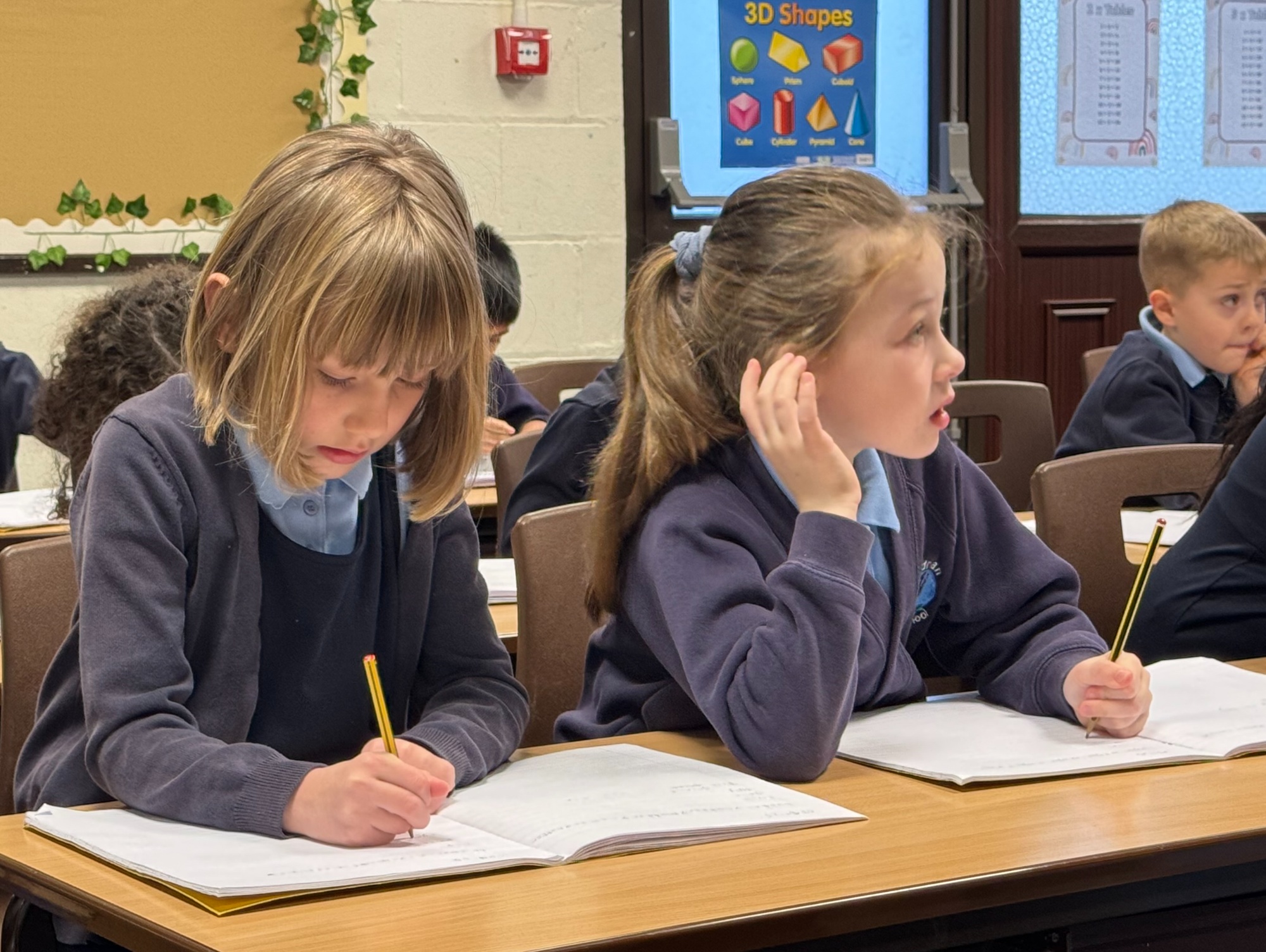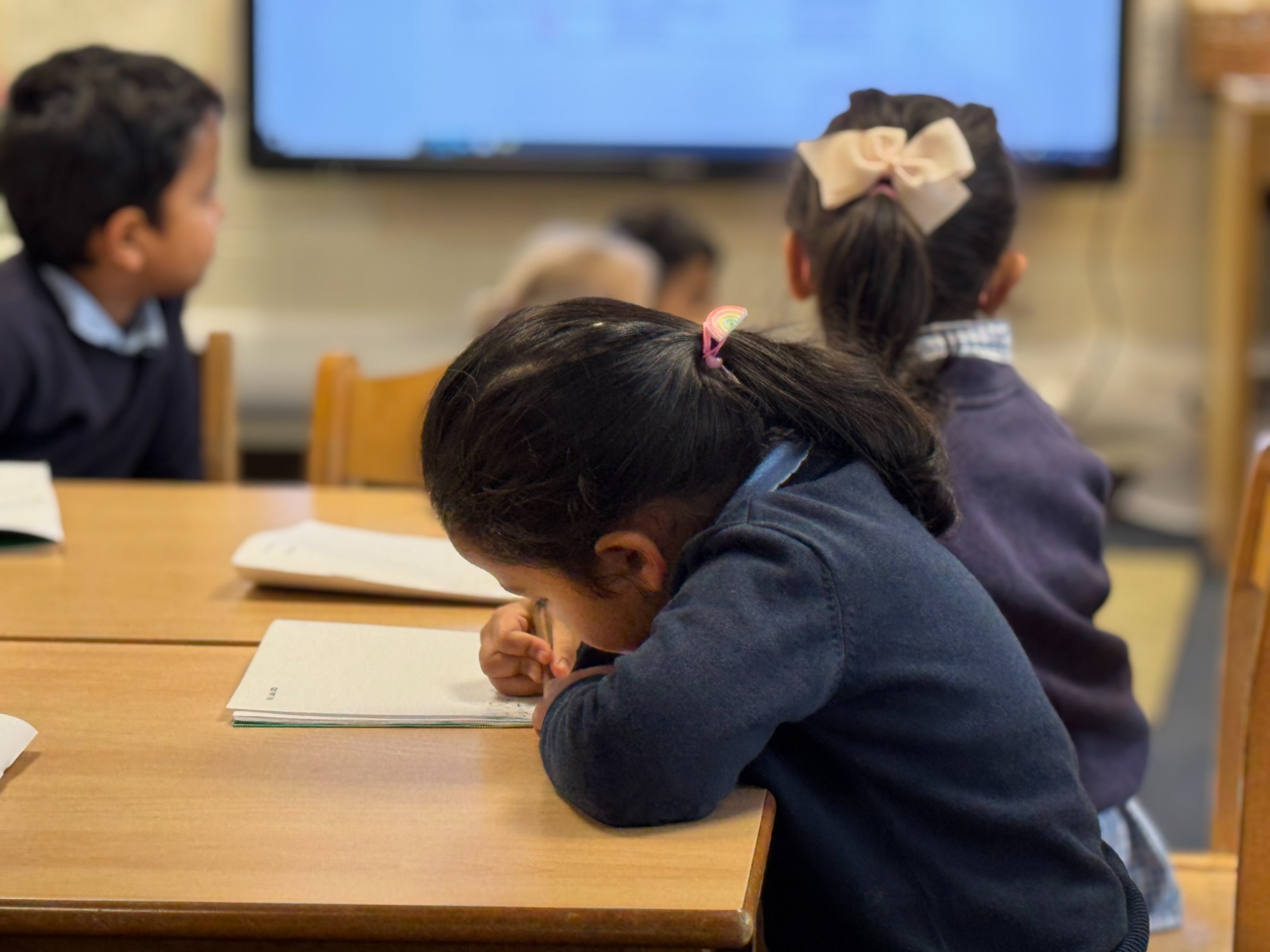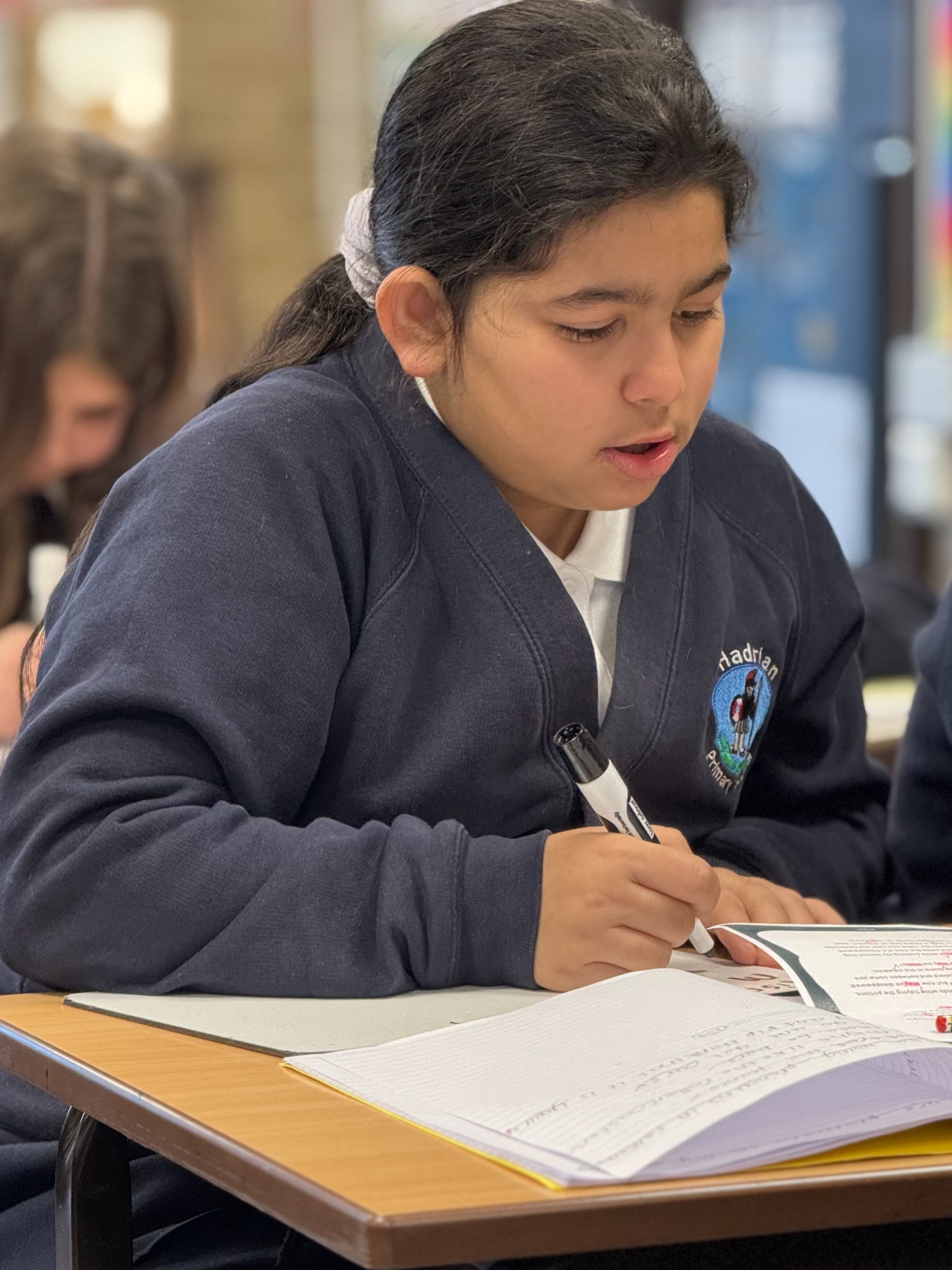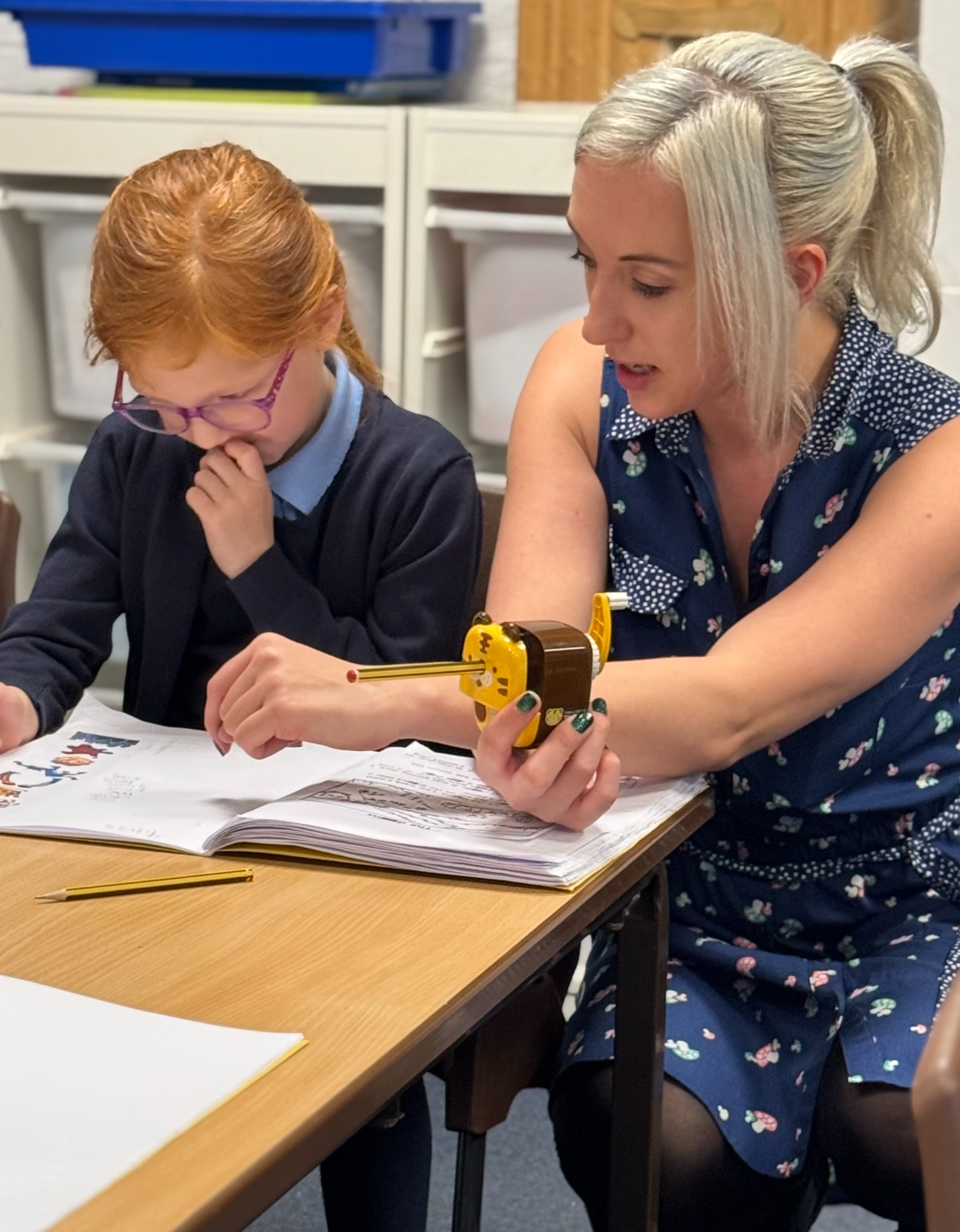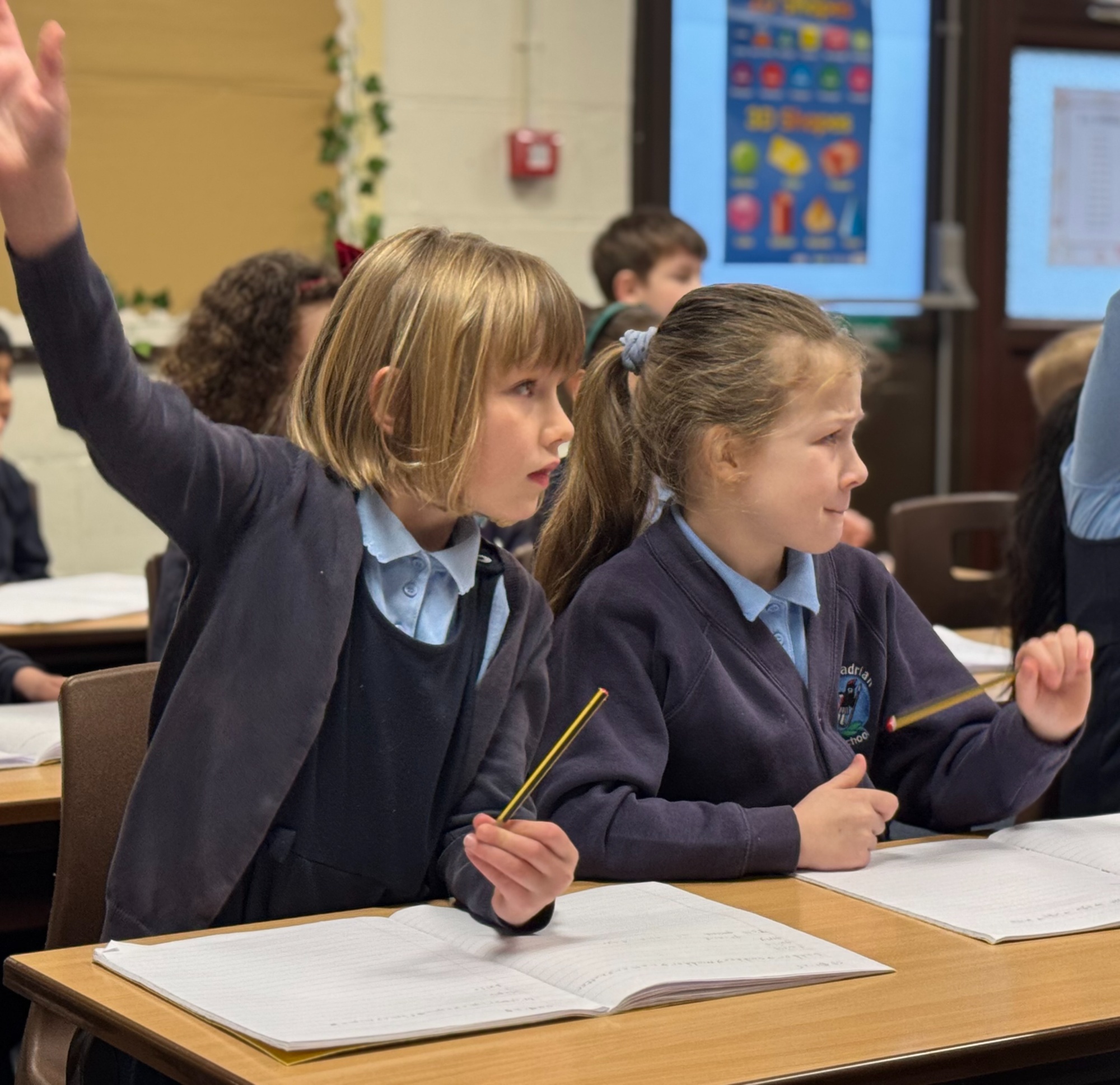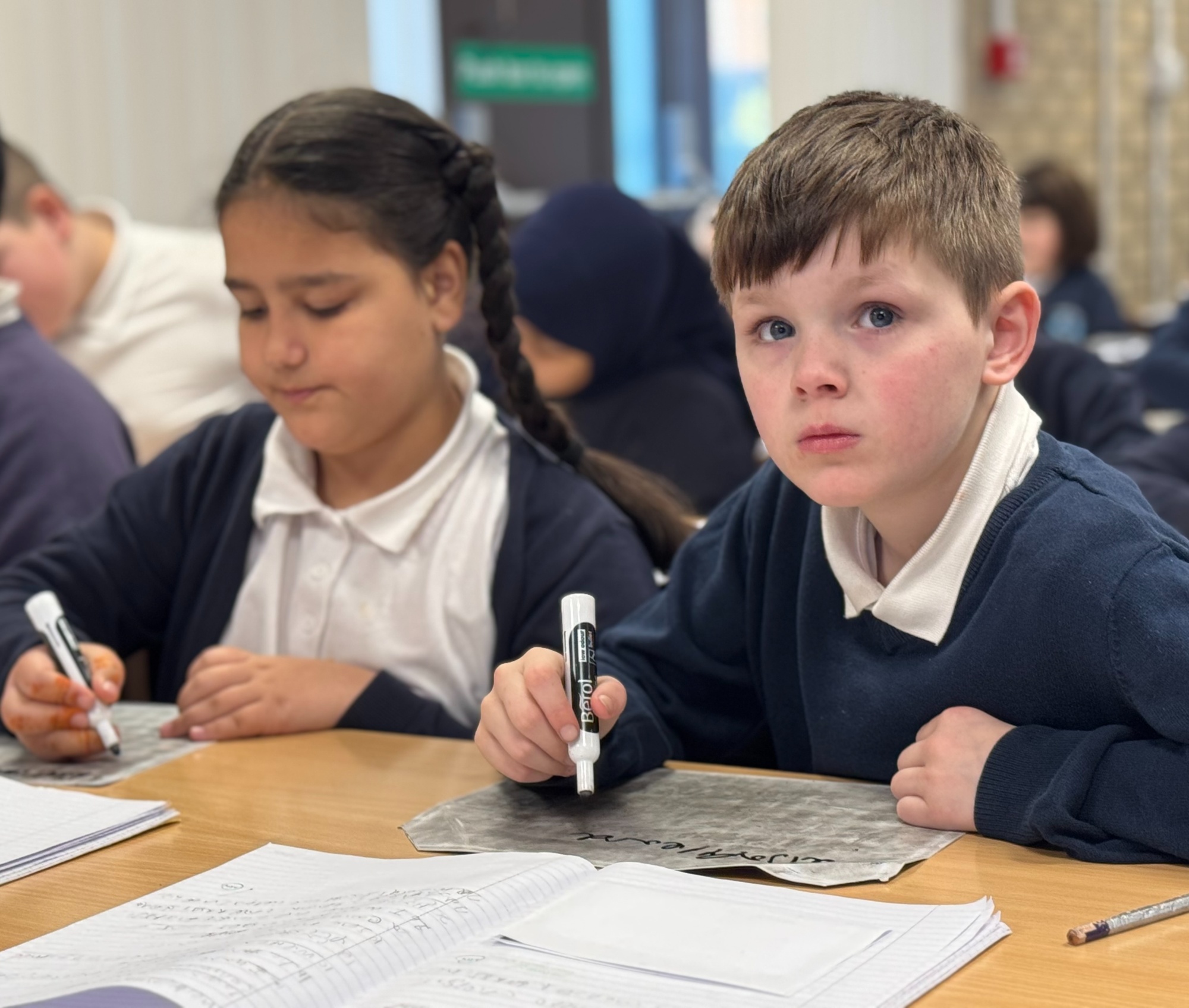Relationship Education
Relationships Education is complemented through our PSHE One Life Scheme of Work (see link below). Relationships Education is defined as ‘fundamental building blocks and characteristics of positive relationships, with particular reference to friendships, family relationships, and relationships with other children and with adults’
When writing our PSHE including Relationships Policy, we conducted two Parent Consultations in January 2020. Please see some of the comments and responses from some of the parents that attended.
“Great that PSHE is being taught as part of the curriculum. These subjects to me are as important as the academic subjects being taught. And some PSHE may be more beneficial to children that other areas of the curriculum”
PSHE supports the whole child. Parents and Carers are the prime educators for children, as a school we aim to complement and reinforce this this role.
“If kids are not talking about what’s being taught then how would we know that this particular topic you are teaching. How would we talk about that?”
Please see the PSHE Policy. Appendix 3 shows our PSHE Onelife Scheme of Work. Look at the topics that we will be teaching that half term to support you in conversations with your child about their PSHE education.
“It’s good to teach them how to respect others and how to deal with different situations like bullying.”
Through our comprehensive PSHE scheme, Kidsafe and Anti-bullying week, we aim to provide children with the knowledge about the options they have if they are being bullied, as well as emphasising the difference between bullying and falling out with friends.
“If any encouragement is given or influences in terms of LGBT. I want my child to be a child until they are at an age to explore all these kinds of issues.”
All information is factual. At Primary level we are required to ensure that ‘all teaching is sensitive and age appropriate in approach and content’. We do this by teaching that families sometimes look different to their own family, but they should respect those differences. For example some children may live with a dad. Some children may live with grandparents. Some children might live with two mams. Some children might live with mam and dad. Some children might live with adopted parents.
We comply with the Equality Act 2010.
“After the meeting, it makes my job easier a lot honestly. All misconceptions cleared.”
Working together as a partnership ultimately benefits your children.
“Happy that the school will keep it factual and allow us as parents to have an input in their upbringing around these topics.”
As a school we will provide factual information, but would openly encourage all parents to have input in their family’s own opinions and beliefs.
“It is good if you want to promote this thing in children that respect each other even though they come from different religion or different values, but should respect everyone.”
Not only our PSHE curriculum, but our school ethos promotes respect. As a school, we provide a curriculum that make children aware that we are all different but should respect each other.
“I think the name Sex Ed needs to be looked at as it confuses people!”
We do not call PSHE ‘Sex Ed’. PSHE stands for Personal, Social, Health and Economic education. The new statutory guidance from the ‘Relationship Education, Relationship and Sex Education (RSE) and Health Education’ document from the Department of Education states that all Primary schools must teach Relationship Education and Health Education. Anything that is taught with regards to Relationship and Sex Education (RSE) outside of the science curriculum will be communicated with parents in advance i.e. puberty talk in Year 5/6. Parents have the right to request to withdraw children from RSE but not Relationships or Health Education, for aspects of sex education outside of the science curriculum.
Relationship Education is taught through our PSHE curriculum enabling us to meet our statutory requirements.
Please have a look at our PSHE including Relationships Education page below.

